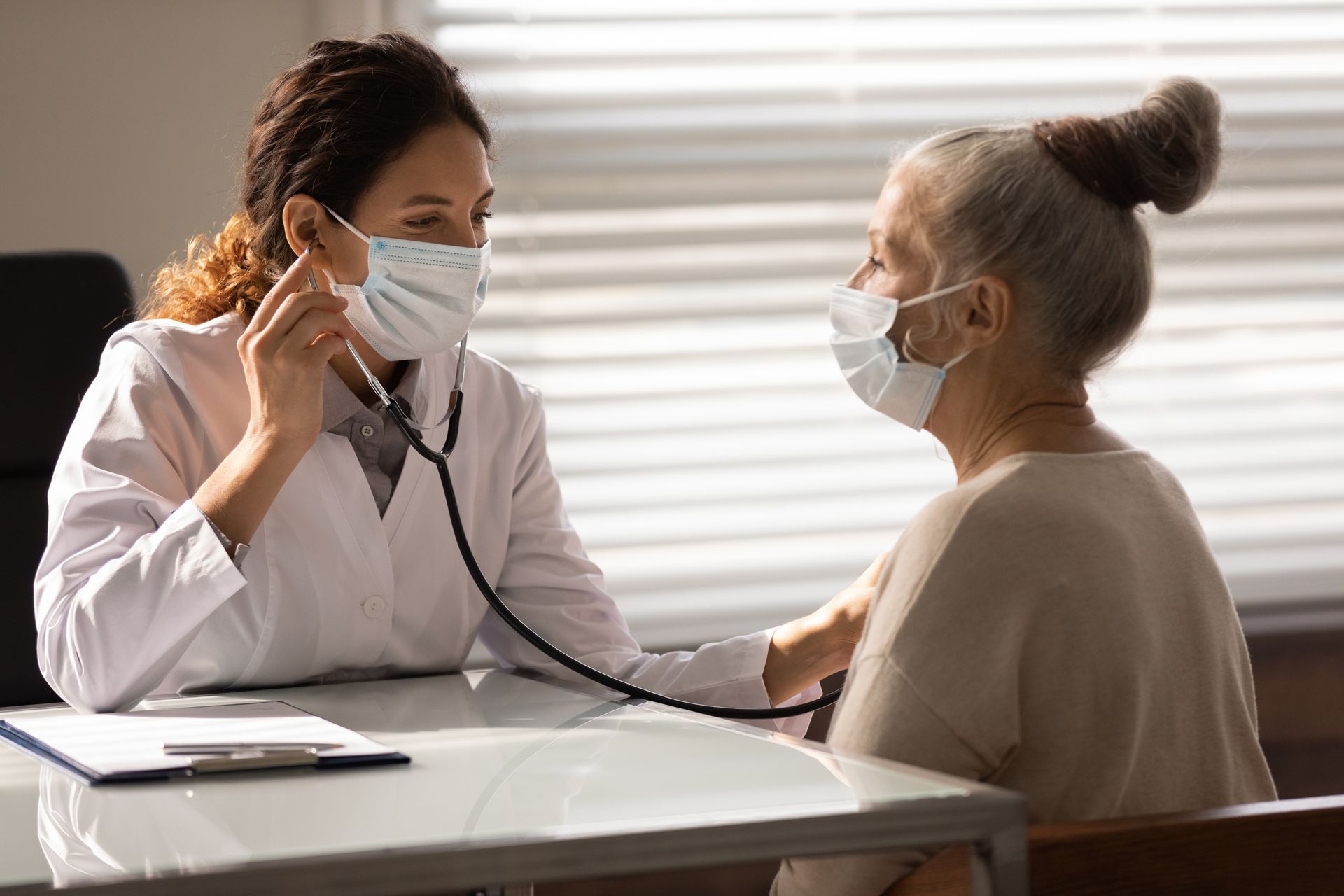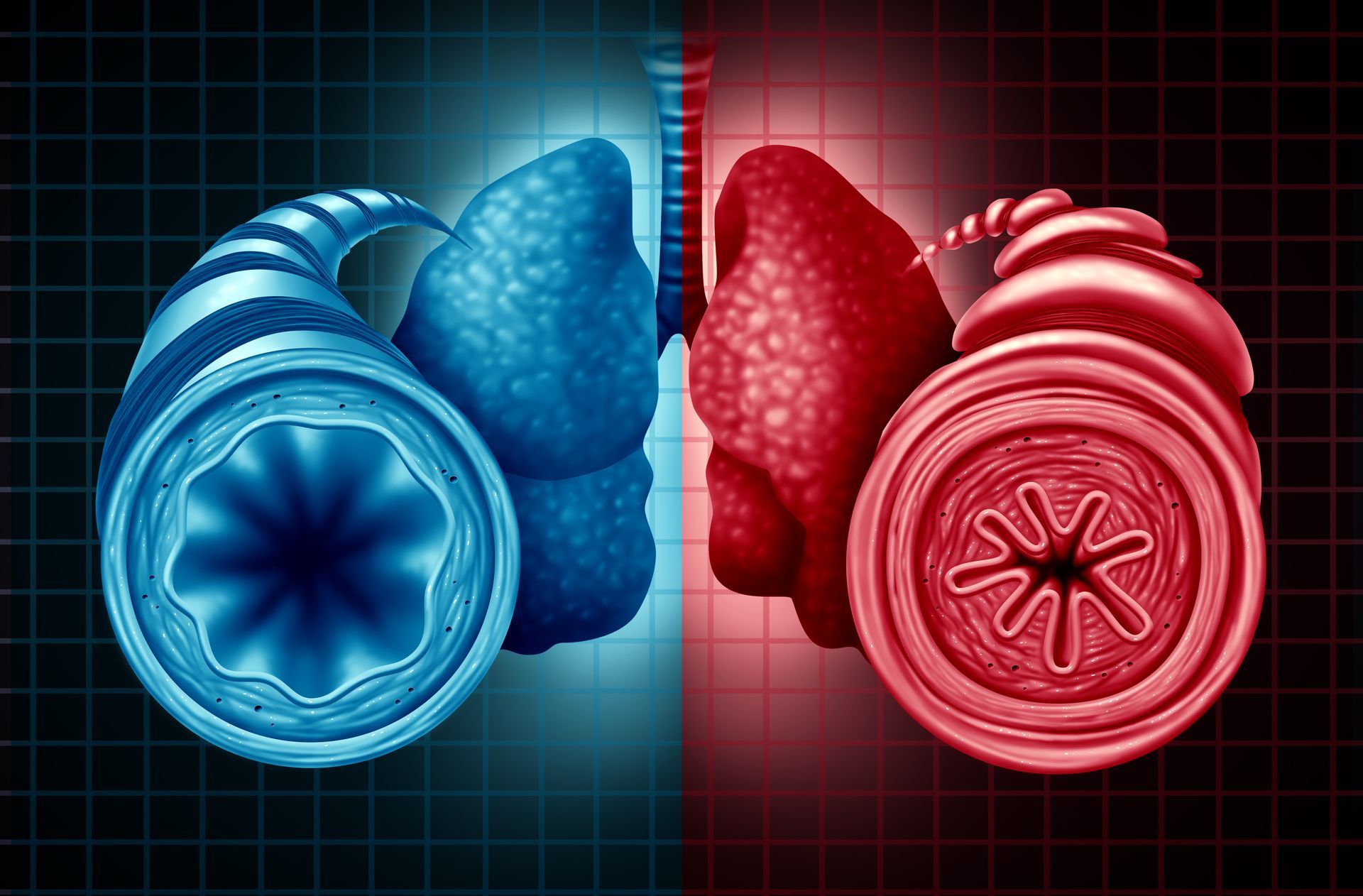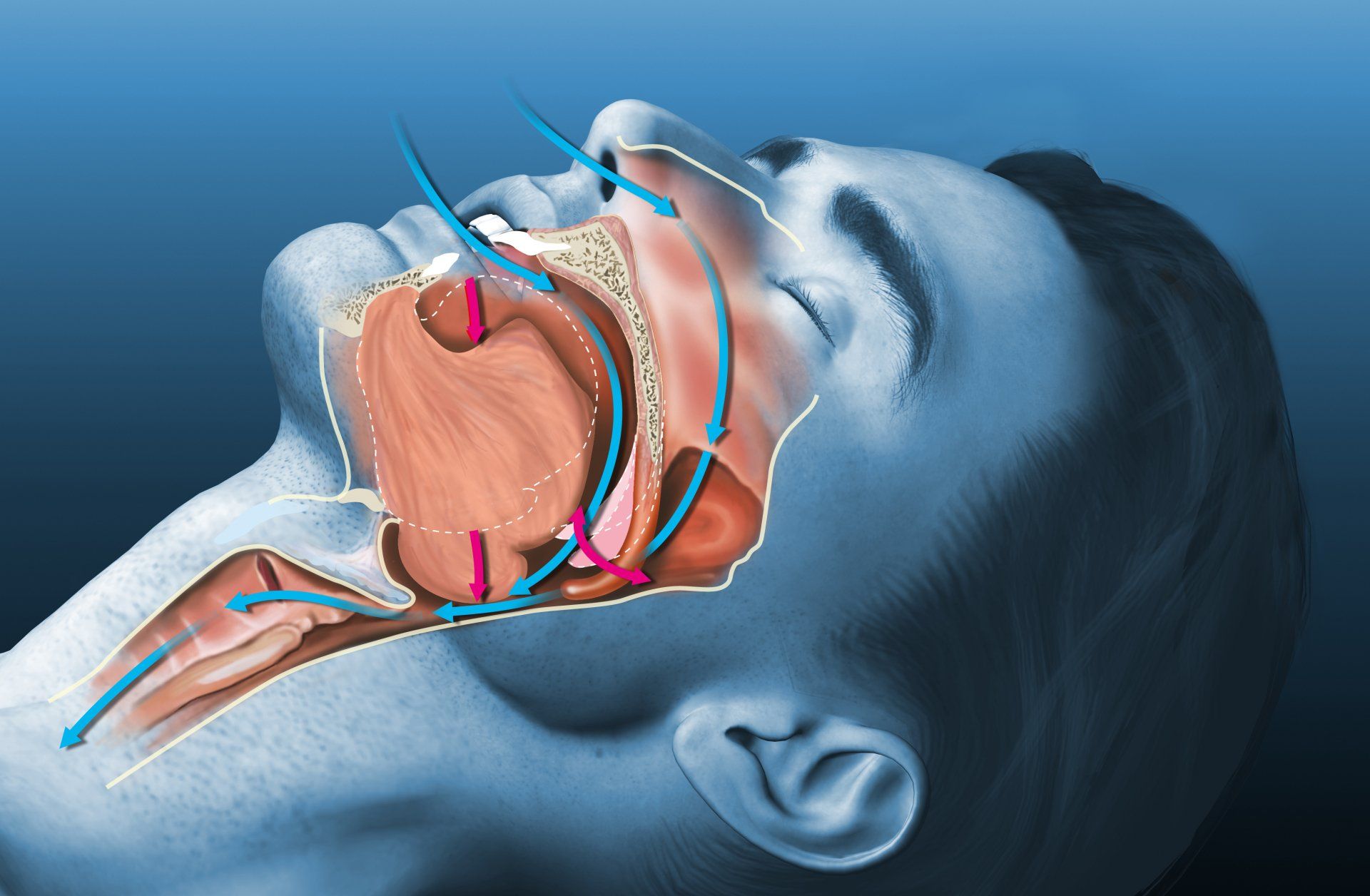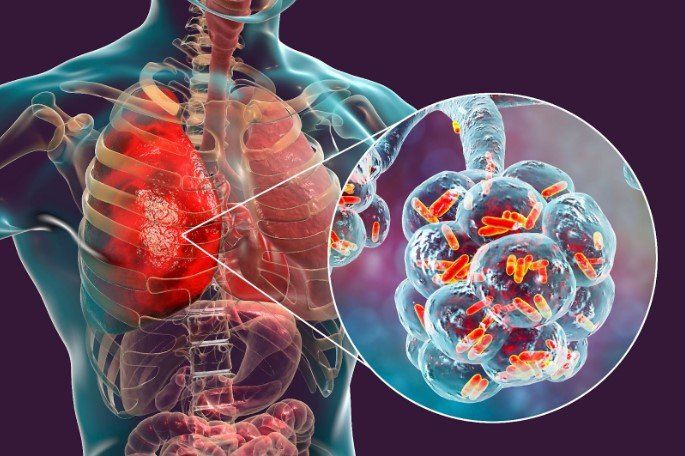Allergy Rhinitis, Common Cold and Respiratory Condition Differences
Both kids and adults are susceptible to allergies and the common cold. Although the symptoms of a cold and an allergy may be similar, they are caused by different factors and vary in type and duration.
A runny nose, headache, and watery eyes are classic symptoms people mistakenly associate with the common cold. However, allergies can also cause the same symptoms. Given how they often exhibit similar symptoms, it can be challenging to distinguish between them. However, being aware of the variations will guide you in selecting the best action.
So, let's look at the differences between a common cold and allergy rhinitis.
What are the main differences between Allergic Rhinitis and the Common Cold?
Colds are brought on mainly by viral infections, which are transmitted when someone sneezes or coughs and releases virus droplets. Colds are highly transmissible.
While the potential to develop allergies might be hereditary, they are not contagious. Allergic reactions occur when your immune system reacts to a specific substance as if it were dangerous, producing histamines.
You can determine if you have a cold or an allergy in one of three other ways:
Onset and Duration
The likelihood of an airway allergy increases if your symptoms occur consistently when you are exposed to allergens or irritants, such as:
- House dust mites
- Haze
- Cigarette smoke
- Plant pollen
When you catch a cold, your symptoms often start to emerge gradually and one at a time. They usually begin mild, get worse and then ease off. On the other hand, allergy symptoms generally start acutely after exposure to the allergen, and tend to persist especially if there is continued exposure to the allergen.
Allergic Rhinitis
An allergy is an immune system reaction to environmental triggers such as dust mites, furry animals, mould, fungus, and pollen. The body produces chemicals to counteract substances that it believes to be dangerous. Histamine is one of these substances.
Although histamine causes many typical allergy symptoms, it also aids in the body's defence against the pathogen. Essentially, the immune system produces antibodies to combat an impurity that is not toxic.
Similar respiratory symptoms to the common cold, such as coughing, sneezing, or runny nose, can also be signs of an allergy. But different symptoms can also exist.
Symptoms of Allergies
Allergies are not infectious; however, the symptoms are quite similar to the common cold. These symptoms include:
- runny or stuffy nose
- sneezing
- wheezing
- coughing
- watery or itchy eyes
- postnasal drip
Treatment for Allergies
Most allergy medications can reduce symptoms and make coping with hay fever easier. These medications come in various forms, including liquids, pills, eye drops, nasal sprays, and injections.
Before taking any medications, especially if you're pregnant or have other health issues, consult your doctor. Your doctor might prescribe the following:
- Antihistamines
- Decongestants
- Corticosteroid nasal sprays
- Immunotherapy
Common Cold
The common cold is a viral infection that affects the respiratory system and is contagious. Adults typically have two to three colds per year, which can be brought on by more than 200 different viruses. Any surface that has been touched by someone who has the infection, or any airborne droplets left over from a cough or sneeze, might spread the cold virus to others.
Other signs of the common cold include a runny nose, coughing, and sneezing. However, it frequently also causes other symptoms.
Symptoms of Common Cold
Not everyone who has a cold will necessarily experience all of these symptoms. However, the following are some of the most common ones:
- Low-grade fever
- Body aches
- Laryngitis or sore throat
- Runny nose
- Cough
Treatment for Common Cold
Over time, your body can get rid of the cold virus. Antibiotics only combat bacteria; therefore, they are ineffective against the viruses that cause colds. In most situations, the only treatment is to rest and consume plenty of fluids.
While your cold is getting better, there are several remedies that can help you manage your symptoms. Those include:
- cough syrups and over-the-counter (OTC) cold medications to help soothe a cough
- decongestant nasal sprays
- pain relievers
Sometimes, viral respiratory tract infections can result in more severe presentations such as pneumonia and respiratory failure. An effective strategy to protect against flu-associated severe symptoms and hospitalisation is influenza vaccination.
Consult Your Doctor Where There Is No Improvement
Despite some similarities in symptoms, allergies and colds are two distinct medical conditions. Knowing which one you have can enable you to receive the appropriate treatment to feel better faster.
Consult a doctor to rule out a serious medical issue if your symptoms don't go away after treatment or if you have a rash or a fever. Colds and allergies both have the potential to contribute to the buildup of viruses and bacteria in the sinuses and lower airways, which can result in more severe infections.
Seek medical attention if your symptoms persist for more than ten days or if they worsen.
Looking for respiratory allergy treatment in Singapore? Get specialist care at Respiratory Medical Associates
Respiratory Medical Associates is an established specialist group that is recognised as one of Singapore’s leading experts in the diagnosis and treatment of lung, sleep, and allergy disorders. These can range from persistent coughs, spots on the chest X-ray to lung infections such as bronchitis, pneumonia, and tuberculosis.
In addition, we also treat chronic disorders such as asthma, chronic obstructive pulmonary disease (a lung disease caused by smoking), lung fibrosis, obstructive sleep apnoea, as well as food and drug allergy. Enquire now at https://www.respmed-associates.sg/















